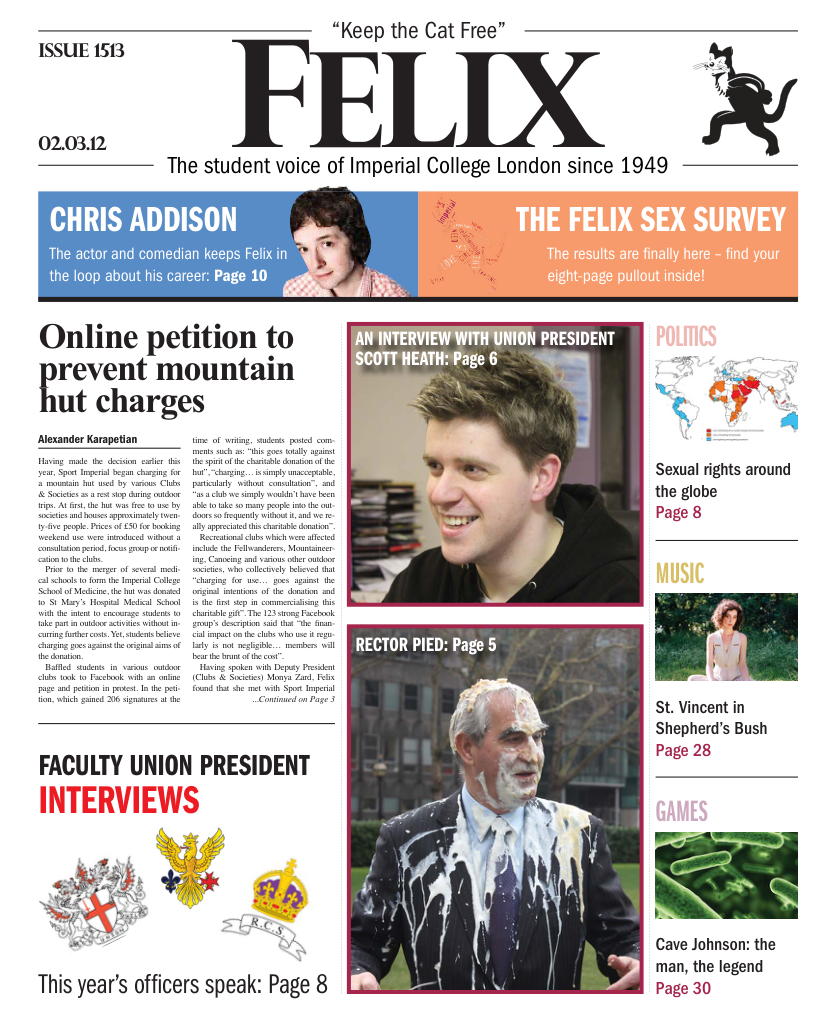Twinkle, twinkle, little star
Marie-Laure Hicks on why we need sleep – and why eight hours might be too much

Every student faces the eternal dilemma: balancing work, having a social life and sleep. On average, we humans spend a third of our lives sleeping. So what is sleep and is it really that important?
There are two main types of sleep. The first type is composed of four stages. Stage I is called light sleep, during which muscle activity slows down and you doze off. Brain activity is described by low-amplitude beta waves. Stage II, or true sleep, sees a slowdown of the breathing pattern and heart rate, as well as lower frequency, higher amplitude theta waves. Stage III, or deep sleep, is characterised by delta waves, which have a higher amplitude and lower frequency. During this period, your breathing and heart rate are at their lowest. During the final Stage IV, breathing becomes rhythmic and limited muscle activity takes place. The pattern then reverses. A complete cycle of this first type of sleep takes between 70 and 90 minutes.
The second type of sleep is REM, or rapid eye movement, sleep. It describes a number of episodes that occur three to five times over a night’s sleep. During these events, rapid eye movement takes place and brain activity is almost as high as when you are awake. The breathing rate and blood pressure rise. For most people, the body is paralysed and unable to regulate its temperature. It is during these periods that you dream.
Each non-REM sleep cycle is generally followed by increasingly long REM episodes. The use of REM episodes is unclear, as their prevention does not seem to have any important effects. A strong rebound follows after the prevention is ended, however.
The causes and reasons for a large part of sleep behaviour remain a mystery. It is thought that the circadian cycle, effectively a body clock, regulates periods of drowsiness and sleepiness depending on light and darkness. But how much do we really need to sleep?
A number of theories exist on the optimal sleep time. Of course, there is the widely known and recommended eight-hour sleep. Thomas Wehr and Roger Ekirch, on the other hand, suggest segmented sleep: two blocks of four hours with a couple of hours resting in between. Some research has suggested that long sleep is actually less healthy than short sleep. Most people tend to sleep between 6 and 10 hours a night. Overall there is no consensus, other than that we need to sleep enough to avoid being tired the next day.
Sleep deprivation can have serious consequences. In 1965, Randy Gardner stayed awake for 11 days. Overall, he remained fairly healthy – he was even able to win at pinball – but he experienced hallucinations, difficulty concentrating and became basically cognitively dysfunctional. Sleep disorders can strongly impact people’s daily lives. Dr Gillian Twigg, at the sleep centre in Charing Cross Hospital, specialises in the study and diagnosis of these disorders. Unusual behaviour can take place during sleep, especially REM episodes, like shouting, kicking, and sleepwalking and is caused by disruptions in the sleep cycle or abnormal awakenings. A more common and concerning sleep disorder is obstructive sleep apnoea: the muscles and soft tissues of the throat collapse and prevent breathing. These disorders can be diagnosed after a night at the sleep centre, measuring blood pressure, oxygen levels, heart rate, breathing, blood oxygen levels and body movement.
Most patients who suffer from sleep disorders experience severe tiredness and mood swings during the day. There can be memory impairments and some people find it debilitating. Sleep is a strange thing. Its use is still unclear, but disruptions have severe repercussions. The rest of the animal world does not provide much help with answering these questions. Dolphins, for example, are capable of maintaining half of their brain asleep whilst the other is awake and bullfrogs don’t seem to sleep much at all.
Thank you to Dr Twigg and her team at the Imperial College Healthcare sleep centre, Charing Cross Hospital.






